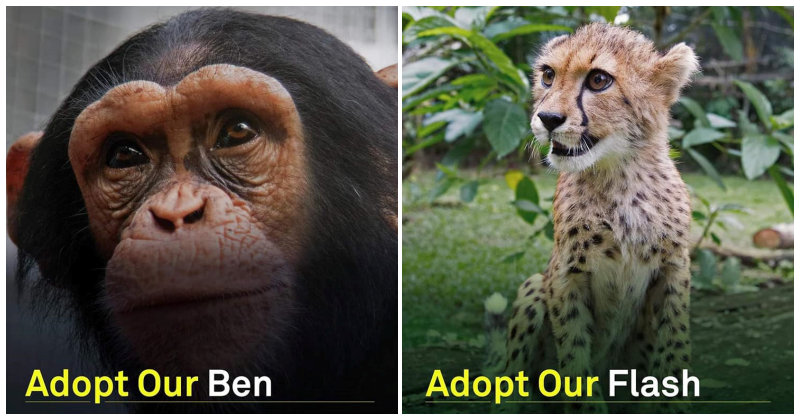A four-year-old female Malayan tiger has just tested positive for Covid-19.
According to BBC, the animal at the Bronx Zoo in New York City is believed to have contracted the disease from a zoo keeper who was showing no symptoms at the time.
“Our cats were infected by a person caring for them who was asymptomatically infected with the virus or before that person developed symptoms,” said the zoo.
Nadia, the tiger, and her sister Azul as well as two Amur tigers and three African lions had developed a dry cough and all are expected to fully recover, the Wildlife Conservation Society, which manages the zoo, said in a statement.

“We tested the cat [Nadia] out of an abundance of caution and will ensure any knowledge we gain about Covid-19 will contribute to the world’s continuing understanding of this novel coronavirus,” the zoo said on Sunday (5 April), according to CNA.
“Though they have experienced some decrease in appetite, the cats at the Bronx Zoo are otherwise doing well under veterinary care and are bright, alert, and interactive with their keepers.”
“It is not known how this disease will develop in big cats since different species can react differently to novel infections, but we will continue to monitor them closely and anticipate full recoveries.”
Paul Calle, chief veterinarian at the Bronx Zoo said that while other tigers and lions were also exhibiting symptoms, the zoo decided to test only Nadia because she was the sickest and had started to lose her appetite, and did not want to subject all the cats to anesthesia.

The zoo said that very little is known about how the virus will develop in animals like lions and tigers since various species react differently to new infections. Meanwhile, none of the zoo’s other big cats including four other tigers, snow leopards, cheetahs, a clouded leopard, an Amur leopard, a puma and a serval, are showing any signs of illness.
All the tigers showing symptoms were housed in the zoo’s Tiger Mountain area.
Also read: Zoo Negara Is Desperate For Funds For Their Animals, But Here’s How You Can Help Them








































